Google Downranks The Pirate Bay in Search Results
lundi 24 février 2014 à 18:58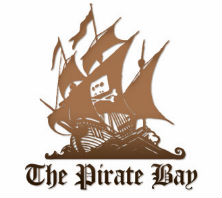 Over the past few years the entertainment industries have repeatedly asked Google to step up its game when it comes to anti-piracy efforts.
Over the past few years the entertainment industries have repeatedly asked Google to step up its game when it comes to anti-piracy efforts.
These remarks haven’t fallen on deaf ears and Google has slowly implemented various new anti-piracy measures in response. For example, the company began filtering “piracy-related” terms from its AutoComplete and Instant services.
One of the main demands from copyright holders is that Google should downrank copyright-infringing websites, so these don’t show up as the top results in Google. The search engine promised it would do so, but reports published by the MPAA and RIAA a few months back provided little evidence to back that up.
To see how accessible The Pirate Bay is in Google we decided to run a few tests of our own. The results undoubtedly show that Google is now downranking the most-used torrent site, although it is far from completely gone.
For example, those who type “The Pirate Bay” in Google’s search box will still see the notorious torrent site as the first result. The same is true for the three-letter abbreviation TPB and several related searches.
The results are quite different, though, when people search for specific titles such as “12 years a slave dvdrip“. For these keywords The Pirate Bay doesn’t appear on the first pages of the search results. Several other popular torrent sites do show up of course.
In itself the above doesn’t really prove that any downranking is going on, although it’s strange that the world’s biggest torrent site is absent from results. So, the next step is to take content that’s unique to The Pirate Bay, and let Google search for that.
We picked a phrase from TPB’s help page, which doesn’t show or link to any pirated files. The phrase in question is as follows: “There are many different clients for bittorrent, this guide explains how to use Bitlord”. As can be seen below, The Pirate Bay is not showing in the top results when we search for it on Google.com, even though it’s the source of the content.
Instead, the first result is a Pirate Bay proxy.
We used the same method with a few other targeted searches, including a track Dan Bull uploaded to the site, and got a similar result. The top result doesn’t list The Pirate Bay site, which is the original place where the “Sharing Is Caring” song was uploaded.
The above suggests that individual Pirate Bay pages are being downranked. This is confirmed by the fact that the results for the search phrases above do show TPB as the first result on other Google domains, such as Google.ca and Google.co.uk. Apparently, the downranking for this phrase only happens on the .com domain.
It has to be noted though, that the result above shows the Pirate Bay’s old domain, thepiratebay.org, where one would expect thepiratebay.se. The .se site does appear on other Google domains for the Dan Bull song and several other keyword variations we tested.
The more phrases and keywords we tried, the more varying results we encountered. For example, searching for a sentence on The Pirate Bay’s “doodle” page doesn’t list TPB’s official site in the top results of any of the Google domains we tried. Clearly, something is going on here.
Our findings show that Google is certainly downranking The Pirate Bay in its search results. Whether this is part of the earlier announced anti-piracy initiatives is unknown at this point.
In any case, The Pirate Bay is not really bothered by Google’s decision to downrank websites that are accused of linking to pirated material. According to The Pirate Bay team, it will only result in more direct traffic.
“That Google is putting our links lower is in a way a good thing for us. We’ll get more direct traffic when people don’t get the expected search result when using Google, since they will go directly to TPB,” the site previously told TF.
Source: TorrentFreak, for the latest info on copyright, file-sharing and VPN services.
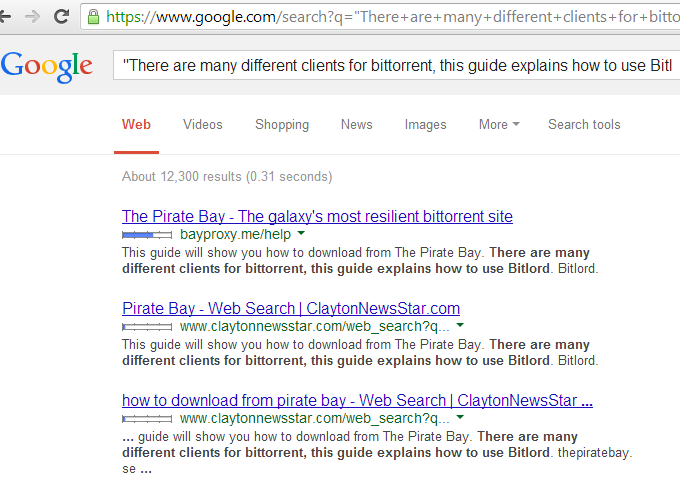
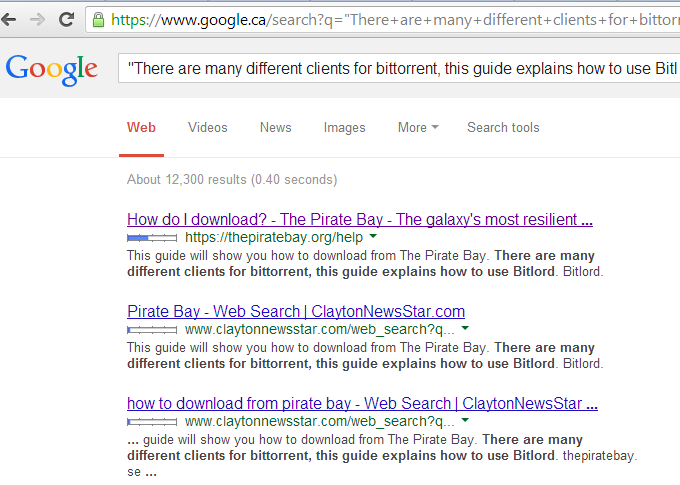
 There was a time when raiding a torrent site meant that it stayed down for good, but with 2014 just a couple of months old it’s clear that things have changed.
There was a time when raiding a torrent site meant that it stayed down for good, but with 2014 just a couple of months old it’s clear that things have changed.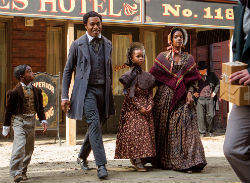 This week we have three newcomers in our chart.
This week we have three newcomers in our chart.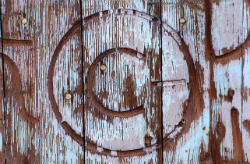 I sometimes try to hold the copyright monopoly to the same legislative quality standards as other laws.
I sometimes try to hold the copyright monopoly to the same legislative quality standards as other laws. 
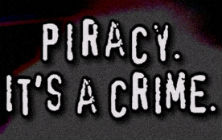 The ongoing legal battle between Hotfile and the MPAA is nearing its climax.
The ongoing legal battle between Hotfile and the MPAA is nearing its climax.